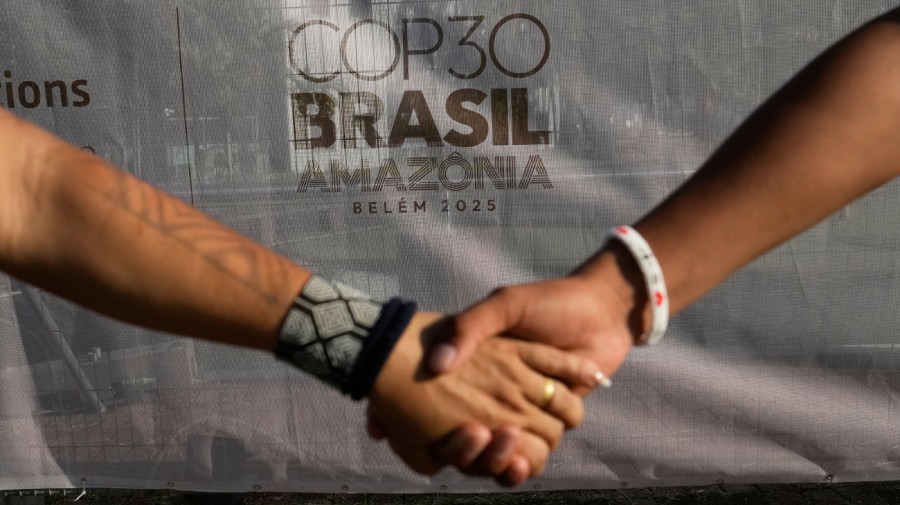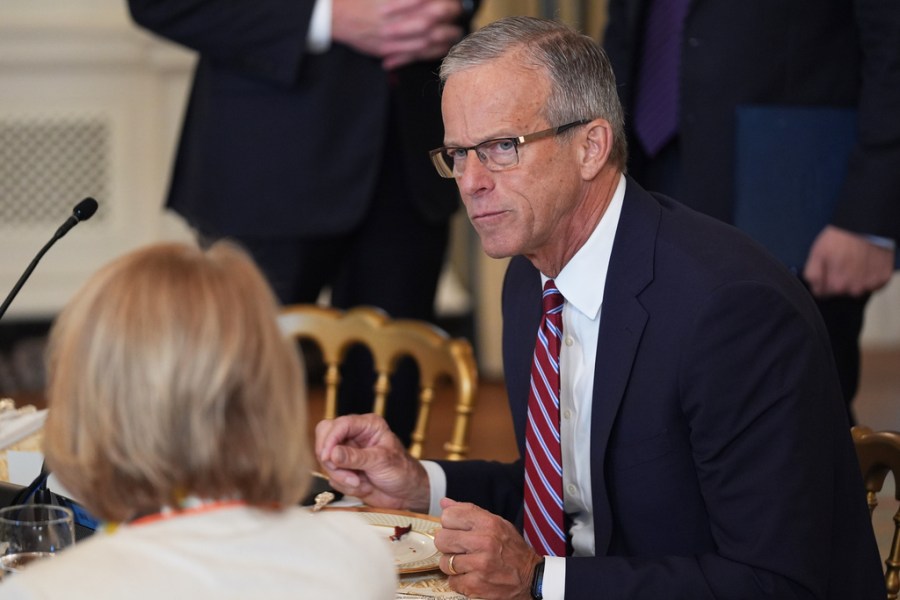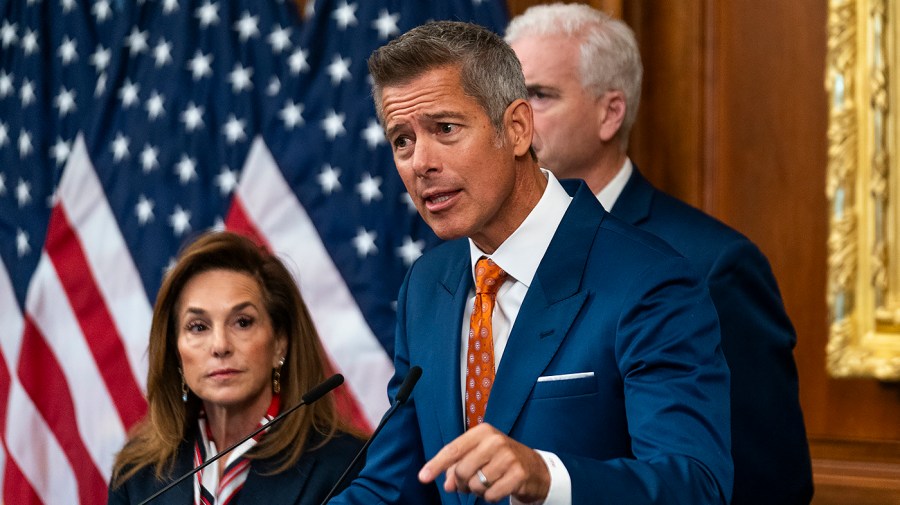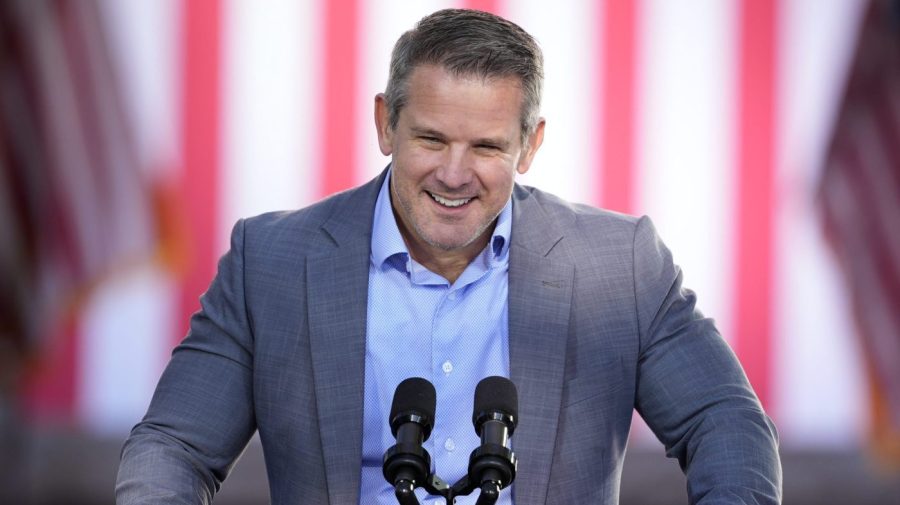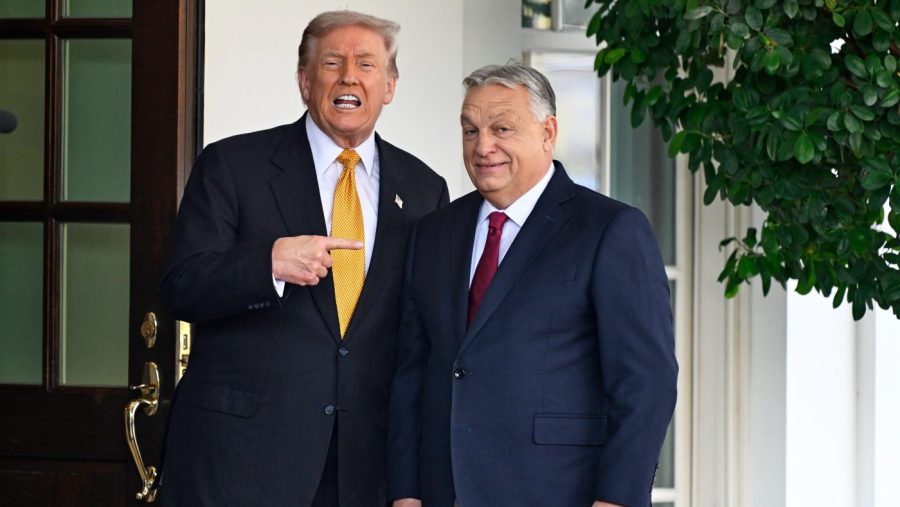Next week, world leaders will gather for the COP30 climate summit, meeting in Brazil in an event where the U.S. and its top representatives will be conspicuously absent.
Here’s what you should know about that meeting:
What is a COP?
COP, which stands for Conference of the Parties, is a meeting of world leaders to discuss and negotiate climate action.
This year’s meeting, which officially kicks off Monday, will be the 30th session of the Conference of the Parties; the first COP took place in Berlin in 1995.
Typically, such conferences include high-profile speeches from world leaders as well as global climate pacts and pledges.
The most notable of those accords was the 2015 Paris Agreement, under which nations agreed to try to limit global warming to less than two degrees Celsius, or 3.6 degrees Fahrenheit.
The summit is in Brazil
World leaders will meet in Belem, Brazil. The nation is home to the Amazon rainforest. It is also a major global economy and a major emitter.
Brazil’s president, Luiz Inácio Lula da Silva, or “Lula,” is seen globally as an environmentalist, particularly compared to his predecessor, Jair Bolsonaro.
Summit expected to focus on ‘implementation’ and ‘adaptation‘
The conference is being described as an “implementation” COP, representing a shift from hammering out the specifics of the Paris Agreement to actually putting its temperature reduction goals in motion.
COP30 President André Correa do Lago recently said in an open letter, “Adaptation ambition and action will be key to advancing in Belém our three priorities: (i) strengthening multilateralism; (ii) connecting the climate regime to people’s daily lives; and (iii) accelerating climate implementation.”
The U.S. won’t have ‘high level’ representation
A White House official said this week that the U.S. was not sending “any high level representatives” to the conference, noting that the president is instead engaging with foreign leaders on energy issues through other forums.
As of Friday, it was not clear whether the U.S. would have lower level representatives, and Trump administration spokespeople did not respond to follow-up questions from The Hill.
Who is going?
While U.S. leaders are not attending the conference, other world leaders are expected to attend.
AFP reported that those leaders include the heads of France, Germany, the United Kingdom, the Netherlands, Norway, Colombia, Chile, Cape Verde and Liberia.
China, which is currently the world’s largest emitter, will be represented by Vice Premier Ding Xuexiang, according to the news outlet.










